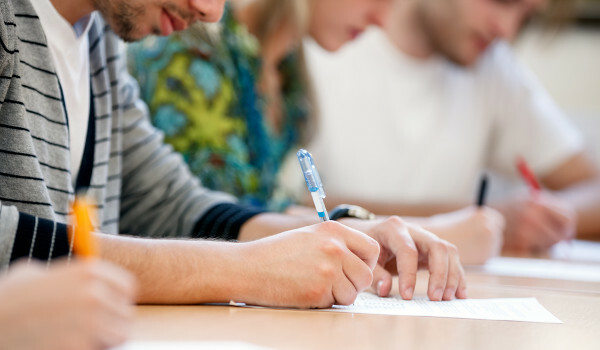Last Monday, May 4th, researchers from Utrecht University, of Erasmus Medical Center and Harbor BioMed announced the discovery of a antibody capable of neutralizing Sars CoV-2, coronavirus responsible for Covid-19.
Scientists were already dedicated to studies of antibodies aimed at Sars CoV, a virus from the same family that causes the Epidemic in China in 2002. Thus, the team decided to apply the tests also to Sars CoV-2, the causative agent of the current pandemic of new coronavirus.
Antibodies are characterized as proteins produced by the human body and whose function is to recognize and neutralize the microorganisms present, such as bacteria and virus.
B lymphocytes, cells of the immune system, are responsible for its production, working to combat invaders, such as Covid-19.
The search
The study was published by the journal Nature Communications. And, according to research leader at the University of Utrecht, Berend-Jan Bosch, the new antibody was able to neutralize Sars Cov-2 in cells in vitro.
According to co-author Frank Grosveld of Erasmus Medical Center and scientific director of Harbor BioMed, the antibody is completely human. "The antibody used in this work is 'fully human', allows development to continue more rapidly and reduces potential side effects related to the immune system."
Position of scientist at Instituto Butantan
- Free Online Inclusive Education Course
- Free Online Toy Library and Learning Course
- Free Online Math Games Course in Early Childhood Education
- Free Online Pedagogical Cultural Workshops Course
The researcher of Butantan Institute, Ana Maria Moro, who also carries out research into the production of neutralizing monoclonal antibodies in Brazil, points out that the research is still preliminary, but a pioneer in publication.
“It's very preliminary work. But it's the first one published, I know there are others that are even more advanced. They [researchers] were already working with antibodies and they had this one that was half human and half mouse. They immunized the mice and they had this panel of antibodies. They adapted it in a version for humans”, reports the scientist.
According to her, this is a pioneer university publication on an antibody against Sars-CoV-2. Also, having access to more restricted data, she claims that a company in South Korea had also achieved the feat in a laboratory, but without having published it in a scientific journal.
Ana Maria Moro recalls that the discovery of antibodies is one of the most relevant mechanisms in science for the vaccine elaboration against microorganisms. According to her, an important point in the study is that the antibody detected does not prevent the virus from entering the cell.
“They made a human antibody, but they still don't know how it exactly neutralizes. This I found a question mark. And they only performed tests on laboratory cells”, emphasizes Ana Maria.
The researcher continues to argue that they identified the sequence, but further studies are needed. “They identified a sequence. It doesn't mean they have a ready-to-use product. You need to study monkeys, you need to do the lineages”, she says.
*With information from G1
You may also like:
- What is Brazilian science doing to fight the coronavirus?
- Anvisa authorizes testing of the new coronavirus in pharmacies
- When will the new coronavirus pandemic end?
The password has been sent to your email.

